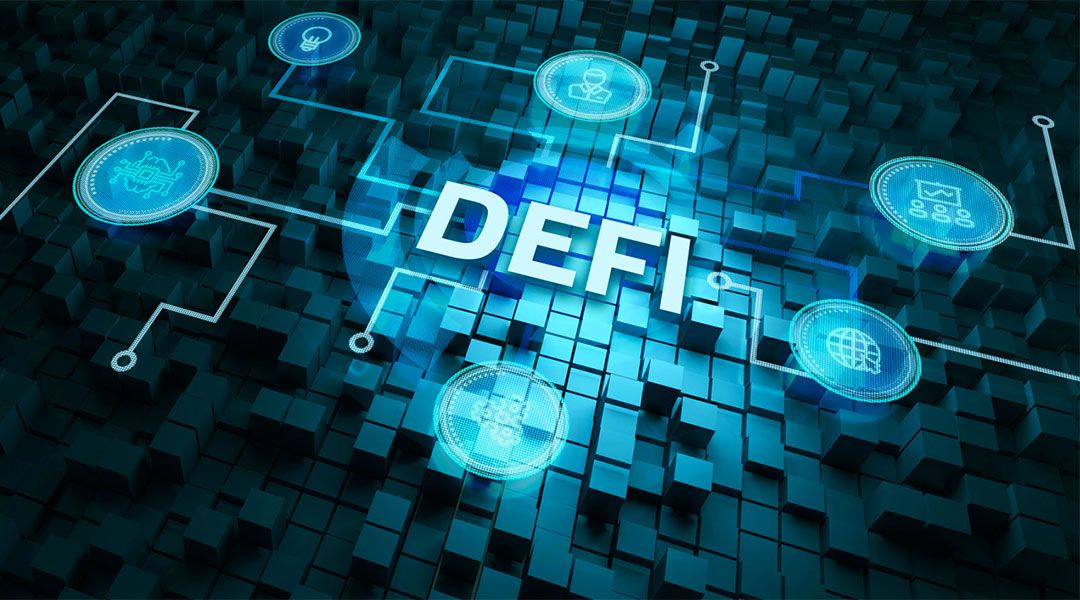What is the Blockchain – part 3 – Blockchain Startups and Five Challenges to Overcome

In this series of posts, I am providing insights into a technology that will change our world. Blockchain has been said to be an as important invention as the Internet and Johann Palychata, a research analyst from BNP Baripas, called Blockchain an invention like the steam or combustion engine.
In part 1 of this series I gave an introduction to Blockchain and in part 2 I provided insights into different types of Blockchain and consensus algorithms. This third part will discuss some of the major challenges we will need to overcome to make Blockchain truly change our world for the better. But first, let’s look at some startups who are trying to change the world through Blockchain
Blockchain Startups
Ethereum
Ethereum has the ambition to reinvent the internet and they are well on track to achieve that. Ethereum has been around for a few years now and it is a decentralised platform to develop Decentralised Applications (DApps) that run through smart contracts. These smart contracts are small software programs that execute a task, a sort of If This Then That statement, but then a lot more complex. They run on a custom-built blockchain and as such, there is not a chance for fraud, censorship or third-party interference. Ethereum has developed an enormously powerful shared global infrastructure, the Ethereum Virtual Machine, which can execute code of arbitrary algorithmic complexity. They are continuously expanding the infrastructure and building new solutions for the distributed web. For more information on Ethereum, you can read this extensive explanation.
Synereo
Synereo is also trying to change the way the internet works by creating a global decentralised infrastructure. They are developing a distributed development platform and decentralised social platform to remove power from central authorities and put it back in the hands of the users. Currently, the are doing an ICO (Initial Coin Offering, which is similar to an IPO but with a cryptocurrency) and have raised over $ 4 million. Once the platform is finished, their objective is to enable anyone to run their own distributed server software, on a local machine and start building DApps.
Ripple
Ripple is another Blockchain startup, but focusing on the financial services industry. They have developed a distributed financial technology to enable banks around the world to send real-time international payments, without the need for a centralised authority. It actually is a payment network to transfer any type of currency across the globe, instantly. They have developed a distributed global network that hosts payment nodes to transfer value around the world. Banks can monitor and coordinate the transfer of funds across distributed ledgers, with minimal risks and delays, contrary to the amount of time it takes today to settle international transactions (up to a week).
Other Blockchain Startups
Currently, the amount of investment in Blockchain startups has crossed the $1 billion and as such it is impossible to give a complete overview of Blockchain startups. However, here are some more interesting Blockchain startups to check-out (not in a particular order):
- Everledger – a permanent ledger for diamond certification & related transaction history.
- Coinbase – a platform to buy and sell bitcoin and ether.
- Lisk – developing and publishing blockchain applications with your own sidechains.
- Blockstream – offers software and hardware solutions using the Blockchain.
- tØ – a blockchain-based trading platform.
- OpenBazaar – a decentralised marketplace.
- BitFury – one of the biggest bitcoin mining infrastructure providers.
- Augur – a decentralised prediction market built on the Ethereum blockchain.
- Neureal – open source, decentralised artificial intelligence.
- Maidsafe – a distributed platform that enables the creation of fast and secure applications.
- IPFS – a peer-to-peer distributed file system and aims to replace http.
And of course, there are many more Blockchain startups.
Five Challenges to Overcome
Blockchain technology has only been around since late 2008 when Satoshi Nakamoto released the paper on Bitcoin. Only in the past years, has the attention moved away from Bitcoin and towards the enormous potential of Blockchain. Although it may seem that Blockchain will solve many of the world’s problems, it is still a very young technology with a lot of challenges to overcome. Here is an overview:
Scalability Issues
Scalability is a major issue for blockchains, at least for public blockchains. The most popular blockchain, the Bitcoin blockchain is by now 85 Gigabyte and is growing steadily with 1 MB per block, every ten minutes. The idea of Blockchain is that every node in the distributed web has a complete copy of the blockchain. So, if you wish to start validating transactions on the Bitcoin blockchain, you first have to download the entire blockchain.
A potential solution to the scalability issue could be ‘blockchain pruning’. This basically means that nodes in the network only use a verified representation of the blockchain that contains the last few hundred blocks. The entire blockchain would still be available, but only on a few nodes. There are different advantages and disadvantages of this solution, which can be read here.
Scalability is less of an issue for private blockchains since these contain only nodes that have a direct interest in processing transactions. Although it is more expensive than a single centralised database, if you add up the costs involved in all those centralised databases replaced by the blockchain, it still is a lot cheaper.
Transaction Speed
Currently, the Bitcoin blockchain, on average, settles around 7 transactions per second. The founder of Ethereum, Vitalik Buterin, claims that Ethereum is capable of doing 8 transactions per second. If you compare that to VISA, which is capable of handling 2000 transactions, and a peak of 56000 transactions, per second it is clear that amount of transactions that can be settled per second is a major challenge for blockchains. If blockchains will need to replace the current web, this has to be increased drastically.
Negative Image due to Security Concerns
The decentralised approach that blockchain offers has some advantages. It becomes a lot more difficult to hack and/or censored data, and the usage of the Hascash Algorithm ensures that it is impossible to retrieve the content of what has been hashed. The Bitcoin blockchain itself has not yet been hacked, although it has been live for over eight years now. However, many of the services surrounding it has. The Decentralised Autonomous Organisations (the DAO) was hacked (due to a bug in a smart contract) and subsequently almost lost 50 million dollars, which could only be prevented due to a hard fork. Mt Cox, the world’s largest bitcoin exchange, was hacked and, as a result, $460 million disappeared. Also, Bitfinex, a Hong Kong-based bitcoin exchange platform lost $ 70 million. These hacks don’t help the image of bitcoin and that of cryptocurrencies. Although bitcoin is only one application of Blockchain, people might not feel comfortable with these security concerns surrounding blockchains.
Energy Consumption and Costs
Validating of transactions requires computers to solve complicated puzzles, which requires a tremendous amount of computing power and subsequently is very expensive. Estimates show that the amount of power required for the Bitcoin blockchain to operate is expected to be the equivalent of the energy consumption of Denmark by 2020. In times of climate change, that is a serious problem. Of course, different consensus algorithms such as Proof of Stake does solve these issues, but many blockchains, including the Bitcoin blockchain, remain using Proof of Work.
In addition, all that computing power is doing difficult computations that don’t serve the ‘public interest’ apart from validating transactions. It would be great if a consensus algorithm could be developed that actually contributes to the public interest, similar to what was done with reCAPTCHA, which was used for training neural networks.
Lack of Talent
Blockchain technology remains nascent and, as a result, not many developers have mastered working with blockchain related technologies. Already, there are hundreds of Blockchain startups who all want to fish in the same talent lake. As a result, for organisations that want to move to the distributed web, it becomes increasingly difficult to attract the right talent. As was the case with big data a few years ago, it will take time before universities catch up and start developing the right courses for the distributed web. This might slow down the development of new applications.
The Future of Blockchain
Although there are still some significant challenges to overcome, before the wide-scale adoption of blockchain technologies, the future looks bright. After all, we have come a long way in just eight years, since the Nakamoto’s paper. Blockchain follows the same path as many disruptive technologies that could have a major impact on the world, and it’s simply a matter of time before the above mentioned challenged have been overcome.
What is the Blockchain?
If you want to read more about Blockchain, I wrote a series of posts on what Blockchain is:
- What is the Blockchain and why is it important
- What is the Blockchain – public vs private blockchains, consensus mechanisms and DApps
- What is the Blockchain – startups and challenges to overcome
- What is the Blockchain – Transactions and Smart Contracts
- What is the Blockchain – ICOs and DAO
Image: Sashkin/Shutterstock





